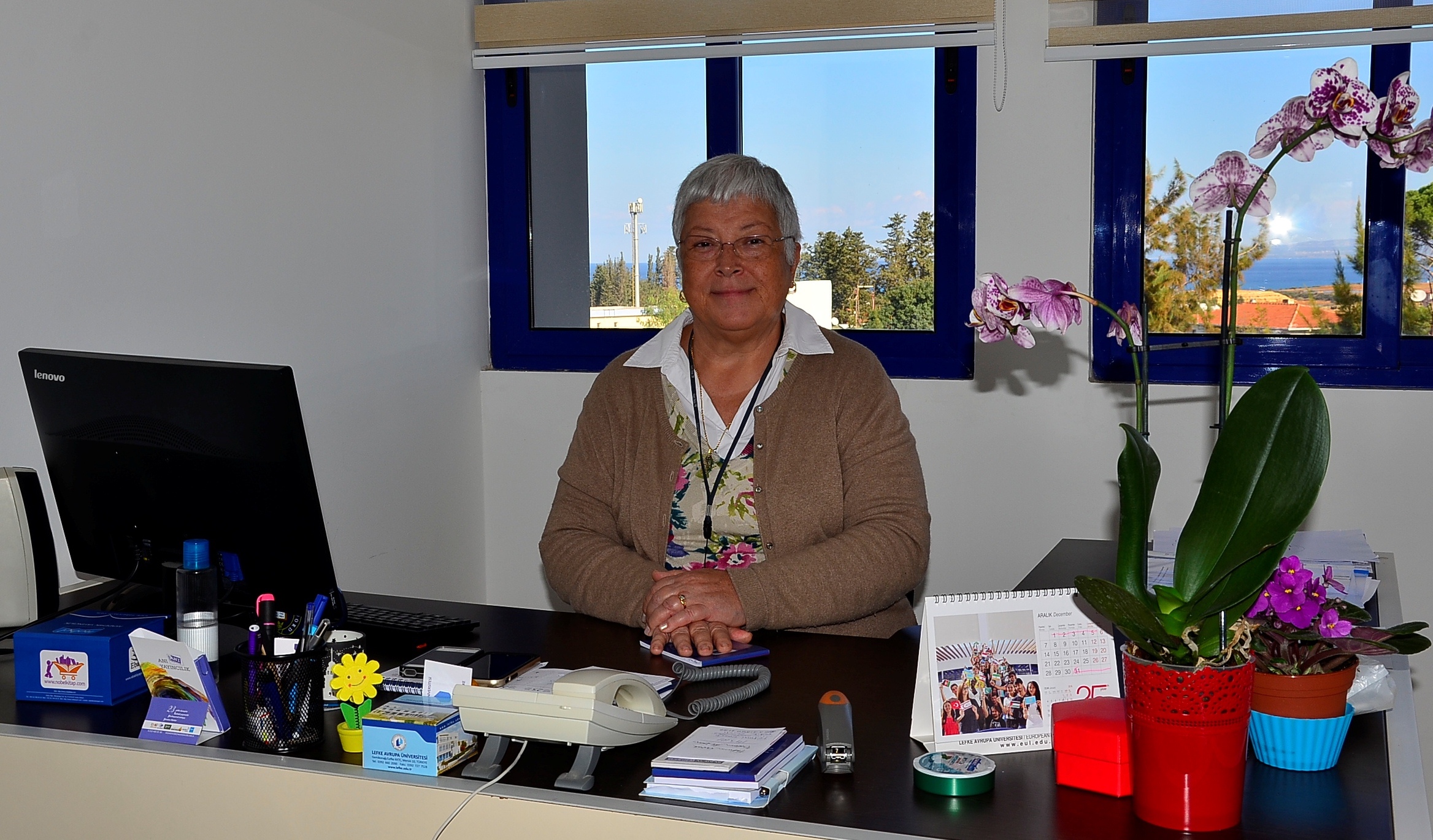EUL Faculty Member Ataman; The importance of “Family Education in Special Education” has been increasing in recent years

European University of Lefke (EUL), Head of Special Education Teaching Department. Prof. Dr. Ayşegül Ataman made statements on the subject of “The Importance of Family Education in Special Education”. Stating that having children with special education needs can be considered as the beginning of a tiring long journey in every family, Ataman said, “Parents are the first educators of their children. It is revealed that the education of parents is important for the education of the whole society. ”
Family education programs are implemented to teach the family various skills and concepts.
“Family education programs are programs that aim parents to gain effective methods and techniques that they can use to teach their children skills and concepts and control their behaviour.” She expressed that family education programs are being implemented to teach the family various skills and concepts.
Stating that in the programs aiming at educating parents in terms of their parenting roles, Ataman stated that they provide information, support and resources about the adaptation process of their children to the disability of their children, the socialization of the child, their relations with the siblings, custody and legal procedures. “Parents’ roles should be parenting rather than advocacy or teaching.” Ataman stated that in the programs aiming to raise parents as a teacher for their children, it is aimed to provide parents with a variety of behaviours and independent living skills, contributing to the child’s language development, social and emotional development. Ataman stated that in the programs aiming to educate parents as volunteers / advocates, parents are trained as legal advocates, experts in the education of their children, social institutions and volunteer individuals in finding economic resources.
Ataman: Including parents in the child’s education is an important element of many early childhood education programs
Speaking about the effects of family education, Ataman said, “It is believed that involving parents in the education of children is an important element of many early childhood education programs and increases children’s school success. There are different opinions on the impact of family participation. It is suggested that this would be useful if family involvement carries interactive views. School-family cooperation has a special importance in preschool period. The child is a whole with his family. While determining the goals of preschool education, the child should not be considered alone, parents should be included in the education by providing school-family cooperation for a successful preschool education. ”
“Parents are people who are aware of the child’s disability and its effects, since they have a child with a disability and observe that the disability affects the development of the child. “If parents are informed about their child’s desired behaviours and treatment methods, these behaviours can be changed more easily with the support of the family.” She stated that parents know their children better than other people and that they can spend more time with their children, that the skills learned at school are improved by parents at home, and that they are considered as opinions that can support parents to be educated for their disabled children.
Ataman: The most important goal in home based early special education applications is to increase family participation in the education of children.
Transferring information about Home Based Family Education Programs, Ataman said, “It aims to provide parents with knowledge and skills in matters such as family education services provided to parents of children in early childhood, care of the child, how they will meet the needs of the child.” Stating that the most important purpose in home based early special education applications is to increase family participation in the education of children, Ataman said, “Home based applications are the most suitable environment for determining the needs of the family in their environment, planning with the family, meeting the needs of the child in their environment and providing information and education to the family. It is stated that, “she said.
“The content of the education to be given by the family educator in the home based family education programs is shaped according to the knowledge and skills to be given to the parents and what the parents want to teach the child. In family-based education programs, parents are trained at home to meet their children’s educational needs and the expert-family interaction takes place at home, under the guidance of the family educator. ” stated that it includes the steps of narration, modelling, behaviour rehearsal and independent implementation. She stated that during regular visits, parents’ sessions on teaching the child to acquire skills, concepts, and managing their behaviours include narration, modelling, rehearsing behaviour, and independent implementation steps.
Ataman emphasized that “As a result, family education in special education is important for minimizing the impact of disability on the development of the individual”, emphasizing that it is an integral part of the early intervention at the time of diagnosis when children seeking developmental support, and its importance has been increasing in recent years.
